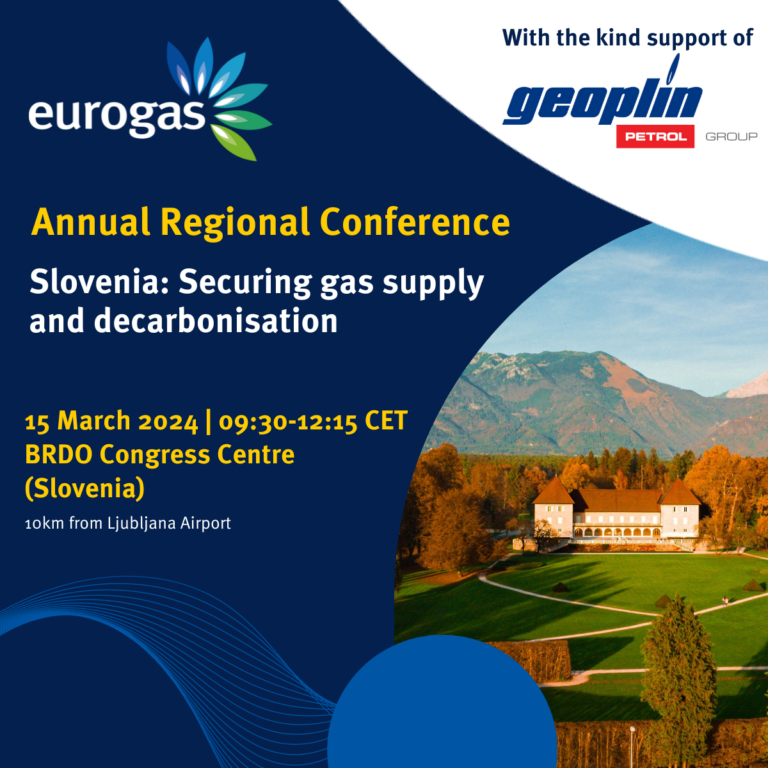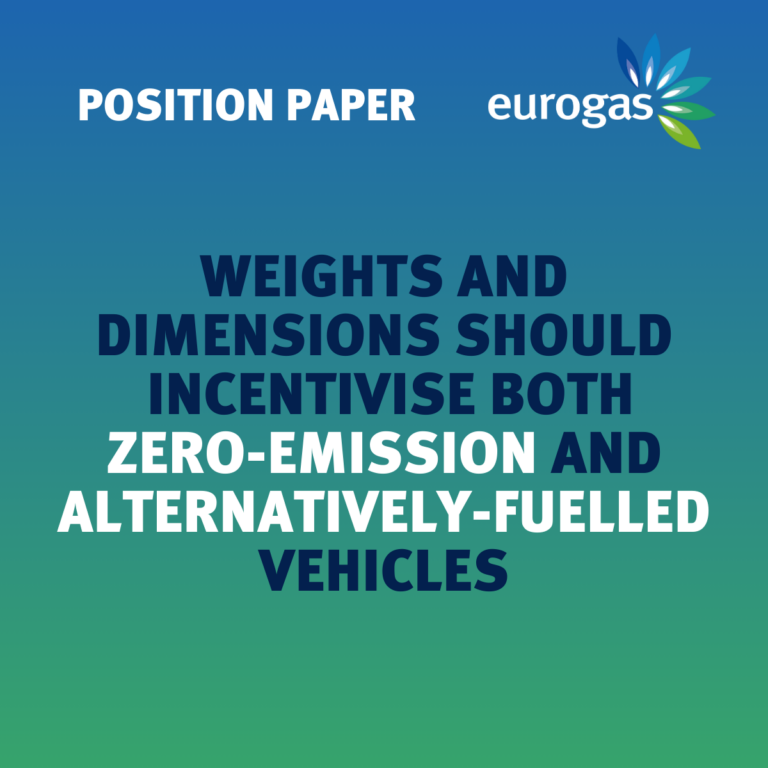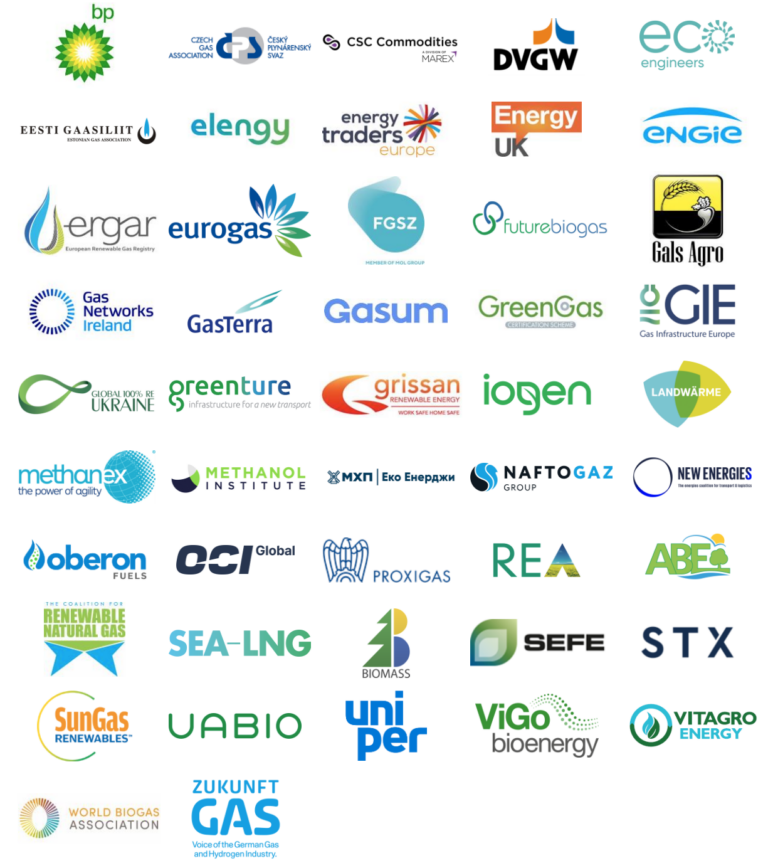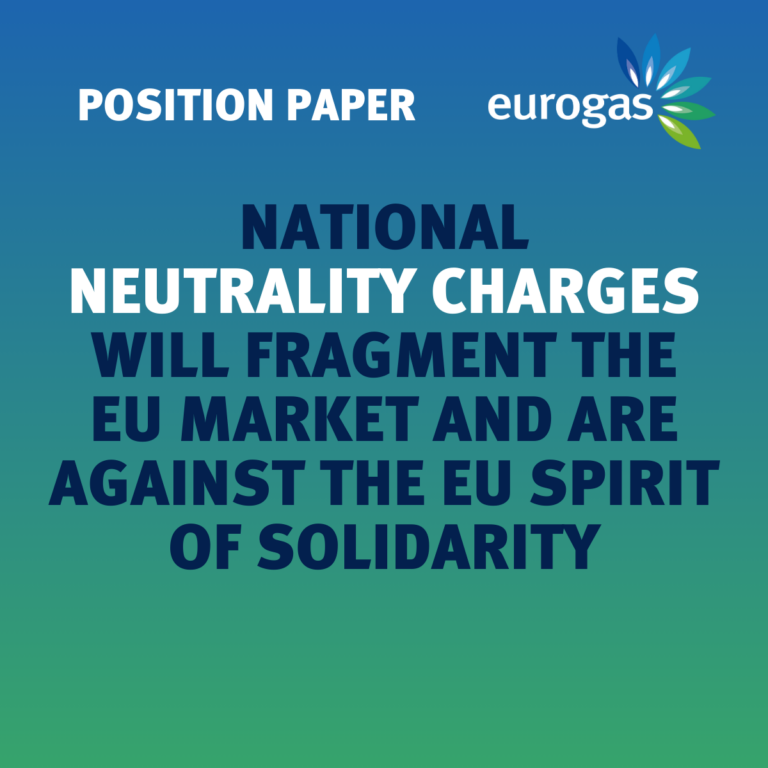Eurogas views on the Revision of the Energy Performance of Buildings Directive
Eurogas welcomes the opportunity to provide input on the inception impact assessment for the Energy Performance of Buildings Directive. Within the broader context of the Renovation Wave, heating and cooling is central to our daily lives and comfort and pivotal for achieving the climate neutrality target. Given the size of the challenge, all options should be considered.
Gaseous solutions are already playing a major role in making buildings more comfortable and significantly reduces the buildings’ energy demand and GHG emissions. Transitioning from coal or oil heating has also contributed to improving air quality, especially in dense urban areas. More remains to be done to curb emissions from buildings and gaseous solutions still have a large role to play. The ongoing transformation of the gas sector will certainly enable fast progress, provide energy savings, and ensure cost-efficiency of the decarbonization of energy consumption in buildings.
Gaseous solutions must be part of the pathway to decarbonise the EU building stock
We share the Commission’s vision on the difficulty of decarbonising EU building stock: we underline the need for the energy transition to guarantee the security of energy supply. Managing peaks of heating demand is becoming more complex. This leads to an ever-growing need to expand costly electricity infrastructure and long-term energy storage.
Building on this, it is necessary to consider complementary solutions, in particular decarbonising the existing gas grid by blending natural gas with renewable and decarbonised gases including hydrogen, to enable fast progress and ensure cost-efficiency. Optimizing the use of energy infrastructure is key to ensure an affordable energy transition: the impact assessment should cover technical energy efficiency and economic principles. Cost efficiency, technology neutrality, and a holistic view of energy policies are crucial.
Hydrogen further enables accommodation of renewable electricity production and the decarbonisation of demand in heating and transport by integrating decarbonised embedded power generation solutions. Many manufacturers are developing innovative systems that can be run with natural gas or hydrogen systems. At the local level fuel cells and micro-CHP thereby enable the low and mid-voltage power network to cope with new load factors, while also enabling consumers to play a more active role in a fully integrated energy market. An enabling regulatory framework covering hydrogen in heating will support the development of a hydrogen economy: synergy between the EPBD and the Hydrogen Strategy is a necessity.
Thus, it is very important that new heating systems and equipment are compatible with renewable fuels, including renewable and decarbonised gases. The concept of Active Building should be developed and implemented, since it supports the wider grid network by intelligently integrating renewable energy technologies for heat, power and transport.
While improving Energy efficiency in buildings, it is essential to consider the carbon-abatement cost effectiveness and weigh different options. Measures to increase the energy performance of buildings often require significant investment which generally provide returns in the longer term and require subsidies. Consequently, we support policies encouraging citizens to opt for efficient and climate-friendly heating solutions; the demand for heating in the EU is diverse and wide ranging and it should be tackled without unduly restricting consumer choice.
An efficient and affordable renovation
Numerous barriers stand in the way of higher renovation rates, particularly the low awareness of consumers as to the benefits of renovation and the costs that end-users have to face. In 2019, Eurogas commissioned an opinion poll among 12,000 Europeans across 13 EU Member States to understand citizens’ preferences on home heating in the context of climate change. The results show that when it comes to upgrading to a new system, cost is the biggest factor for most consumers, and they would be unlikely to upgrade to a more environmentally friendly system if they had to undertake initial renovation work.
For this reason, a cost effective and publicly acceptable transition is needed. Gaseous solutions can help households – particularly the most vulnerable – overcome barriers and get access to efficient and affordable heating. In many places, European consumers still use inefficient appliances such as electric heaters and radiators, non-condensing boilers that use all types of fuels. Nevertheless, they recognise the potential of all gaseous solutions to decarbonise heat, including biogas (47% on average) and hydrogen (31% on average). With innovations like powerto-gas, CCUS, anaerobic digestors, electrolysers and pyrolysis, the gas sector can progressively decarbonise the heating sector using existing infrastructure effectively. Hybrid solutions also allow households to integrate renewables into their heating while lowering renovation requirements. Furthermore, in urban areas, many buildings still have heating systems that are not connected to energy networks: modernising existing heating systems and increasing the availability of renewable gases would help to reduce emissions from buildings.
Policy framework
Eurogas is committed to reduce the GHG intensity of gas consumption by at least 20%, compared to 2018. Using renewable and low-carbon gases alongside a binding 2030 EU target of at least 11% of renewable gas in terms of energy content of gas consumed we aim to foster the largescale development of renewable gas. In the context of Renovation Wave, Eurogas supports all complementary actions across policy areas to help Member States achieve their energy performance and energy efficiency objective and foster cost-efficient renovation investments.
In order to design an effective regulatory approach, we believe that the following actions should be considered by the legislator:
- Taking into account the specific characteristics of individual Member States and the current conditions of the building stock, ensuring an adequate level of flexibility in achieving a set common goal, when planning the introduction of mandatory minimum energy performance standards for different types of buildings (public and private, nonresidential and residential).
- Market incentives such as energy labelling and eco-design have already pushed inefficient appliances out of the market: clear labelling and eco-design rules can allow end-users to choose solutions which are ready for new types of gases.
- To support the rollout of renewable and low-carbon gas, a harmonized approach is necessary to ensure transparency and enable the trading of Guarantees of Origin (GOs) across the EU. National standards for GOs should be harmonised according to a European blueprint, which should cover renewable gas as well as low-carbon gas.
- As part of the revision of the Energy Performance of Buildings Directive, an update of the framework for Energy Performance Certificates is needed. The increasing share of renewable gases in the energy mix and the compatibility of installed equipment with new gases such as hydrogen should be taken into account.
- The EU should ensure that the Primary Energy Factor (PEF) accurately represents the GHG emissions stemming from appliances. A labelling system based on a PEF that reflects an electricity generation mix that does not exist today would promote electric heating and have two adverse effects: it would put additional pressure on the electricity networks that are not ready for full blown electric heating today and increase emissions from electricity generation.
- Encouraging dialogue and cooperation between the public and private sectors by strengthening public-private partnerships (PPPs), defining appropriate mechanisms to support and stimulate additional investments, identifying measures that can ensure simplified procedures and adequate implementation times.
- Harmonizing overlapping measures that may emerge in the revision of the RED II and the EED initiatives, thus coordinating in a more effective way all the existing policies.
Rue d’Arlon, 80 •1040 Brussels • Belgium
T. +32 2 894 48 48 • F. +32 2 894 48 00 • eurogas@eurogas.org • www.eurogas.org

